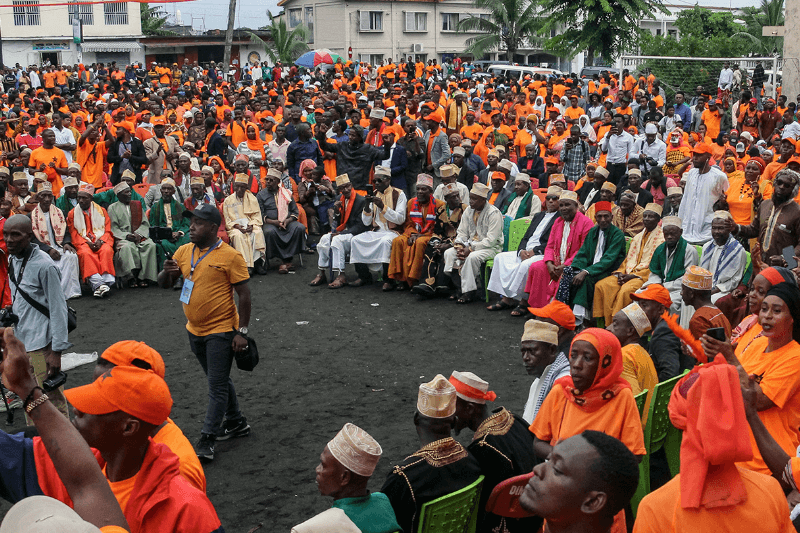Every general election Namibia has seen legal challenges from opposition parties since it became a democracy in 1990 after a protracted fight for freedom from apartheid-era South Africa. November 27’s forthcoming presidential and parliamentary elections are expected to follow the same trend.
Though its political scene resembles many despotic governments in the area, Namibia is sometimes seen as a democratic success story in Africa. Former liberation movement the South West Africa People’s Organization (SWAPO) has dominated the political scene for decades, influencing policy and keeping its president in office. SWAPO has also passed rules making it challenging to question the current election system difficult.
Investigative writer John Grobler draws attention to Article 79(2) of the Namibian Constitution, which states that any appeal to a presidential election outcome goes directly before the Supreme Court. “As the highest court in the land, this means if the case is thrown out, there is no right to recourse,” Grobler says. Furthermore noted by him is the compromise of the court’s general integrity made by political appointments.
Opposition politician Panduleni Itula questioned the use of electronic voting machines (EVMs) in the 2019 elections when at least three devices vanished from the Electoral Commission of Namibia. The Supreme Court decided that while EVMs without a clear paper trail were void, the election results were valid. “This is still causing an issue on how unconstitutional elections could have been conducted,” says Itula.
Time limits aggravate the opponents even more. Complaints must be submitted two weeks following the announcement of the election results, therefore leaving parties and candidates with “inadequate time to prepare,” Grobler says. “Two weeks isn’t much, especially since lawyers’ offices close for most of December—right after the elections take place,” he notes.
Keep Reading
Notwithstanding these challenges, SWAPO’s road to success is not guaranteed. With government corruption and rising unemployment, popular dissatisfaction is great. Along with the Popular Democratic Movement, Landless People’s Movement, Affirmative Repositioning groups and their leaders, Itula and his party, Independent Patriots for Change, seriously challenge the status quo.

